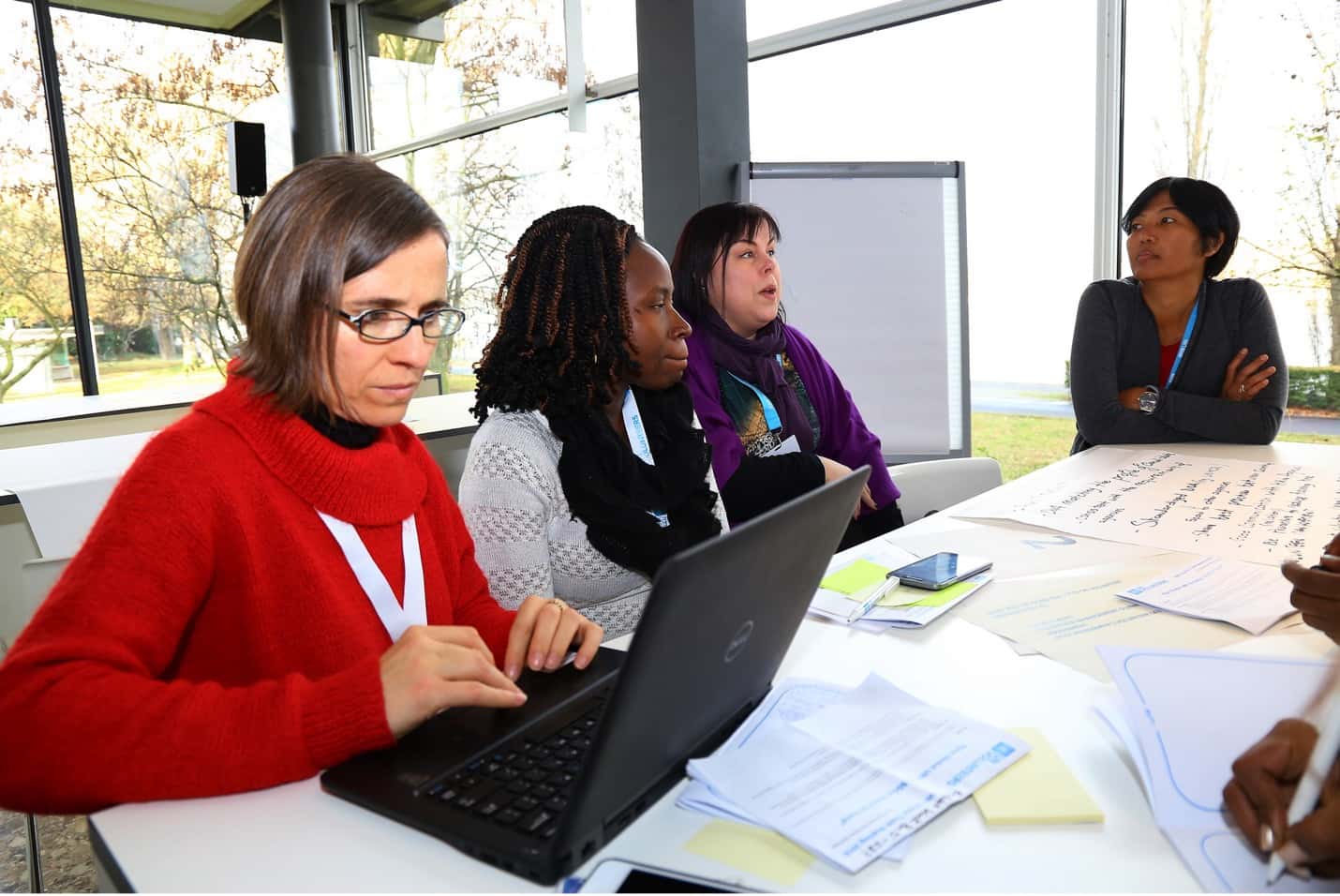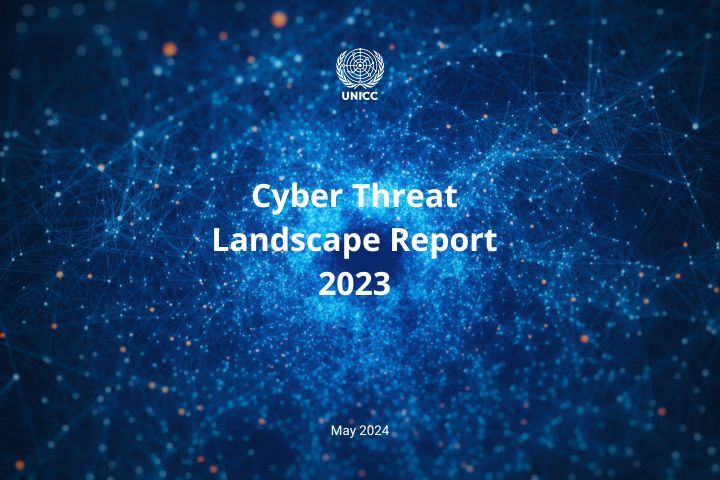
Related News
News Centre
Tag: Cybersecurity
For page Cybersecurity Solutions, related news session
For page Cybersecurity Solutions, related news session

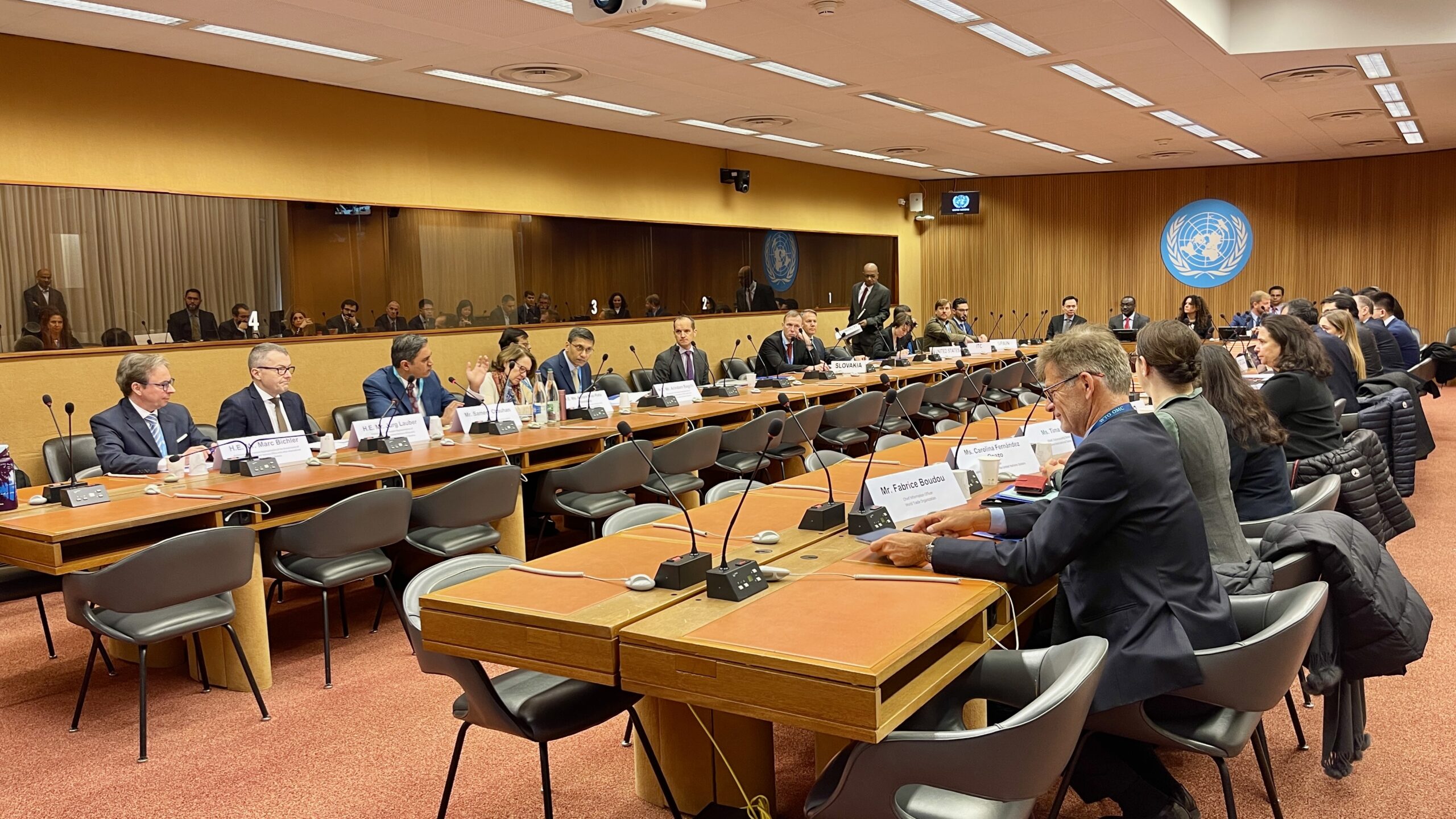
UNICC Launches the Cybersecurity Fund for the UN System
25 April, 2024
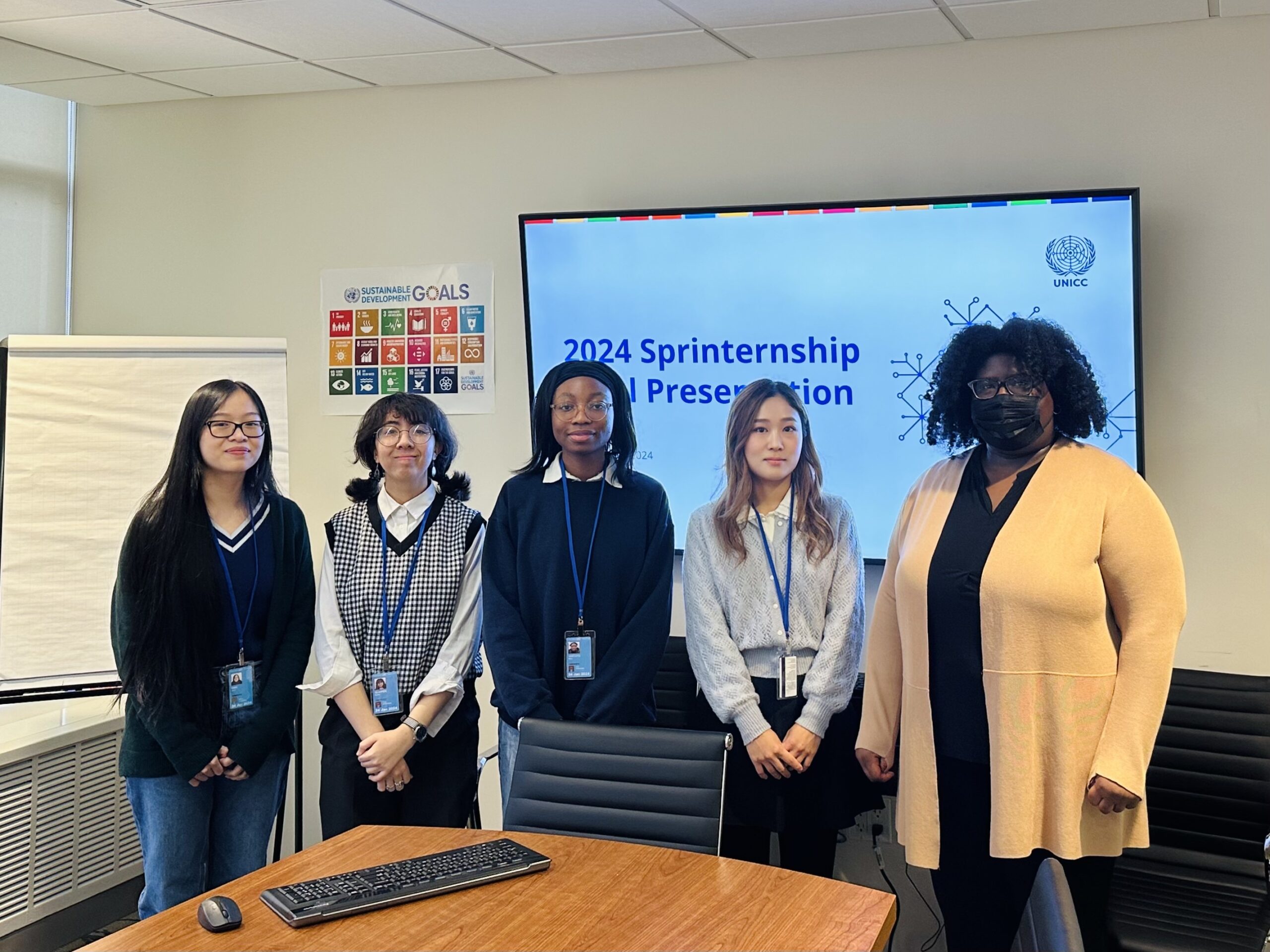
UNICC and Break Through Tech Mark 6th Year of Empowering Youth and Promoting Gender Equality in Tech
27 February, 2024
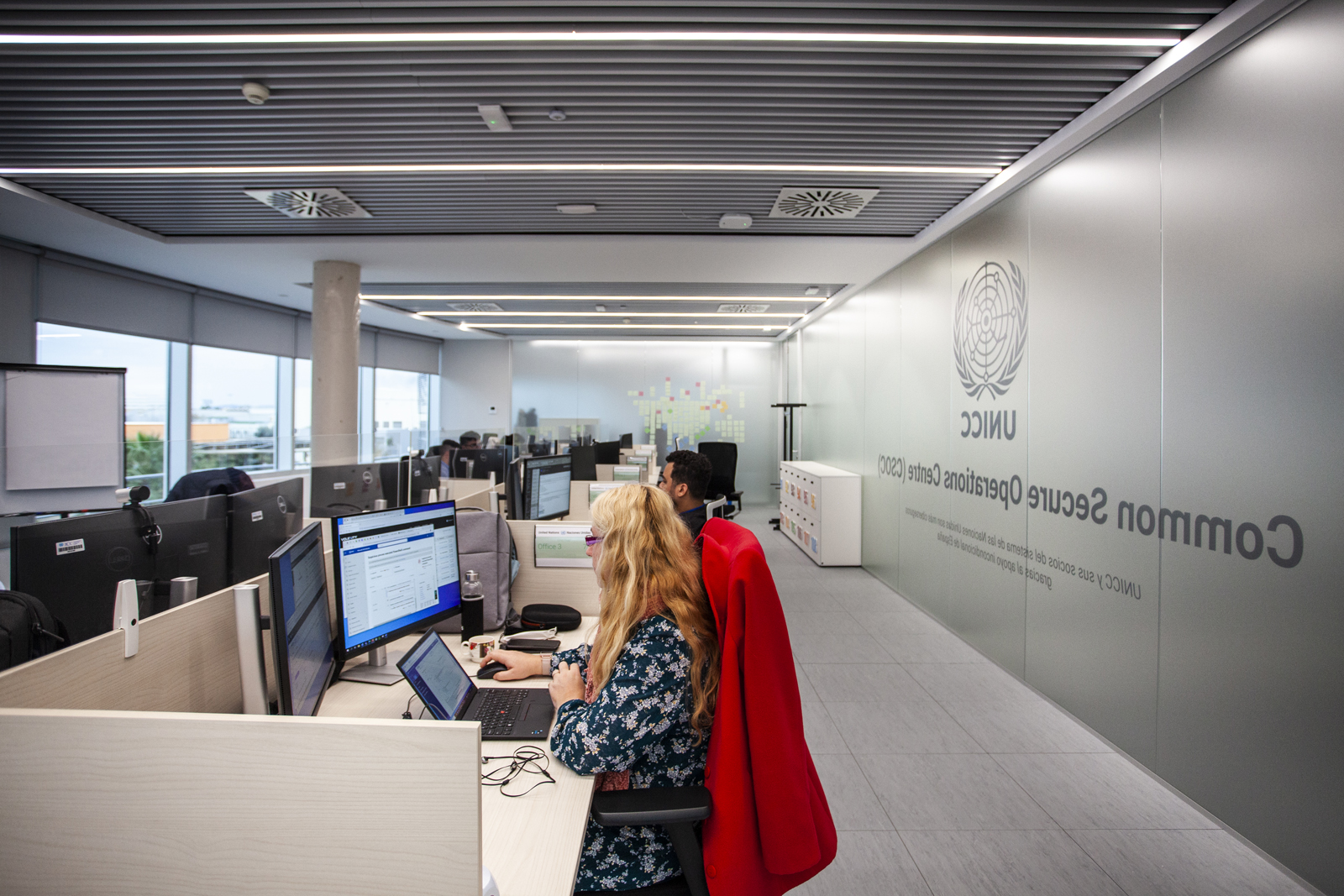
UNICC Partners with Canonical to Build UNICC Cloud
19 October, 2023
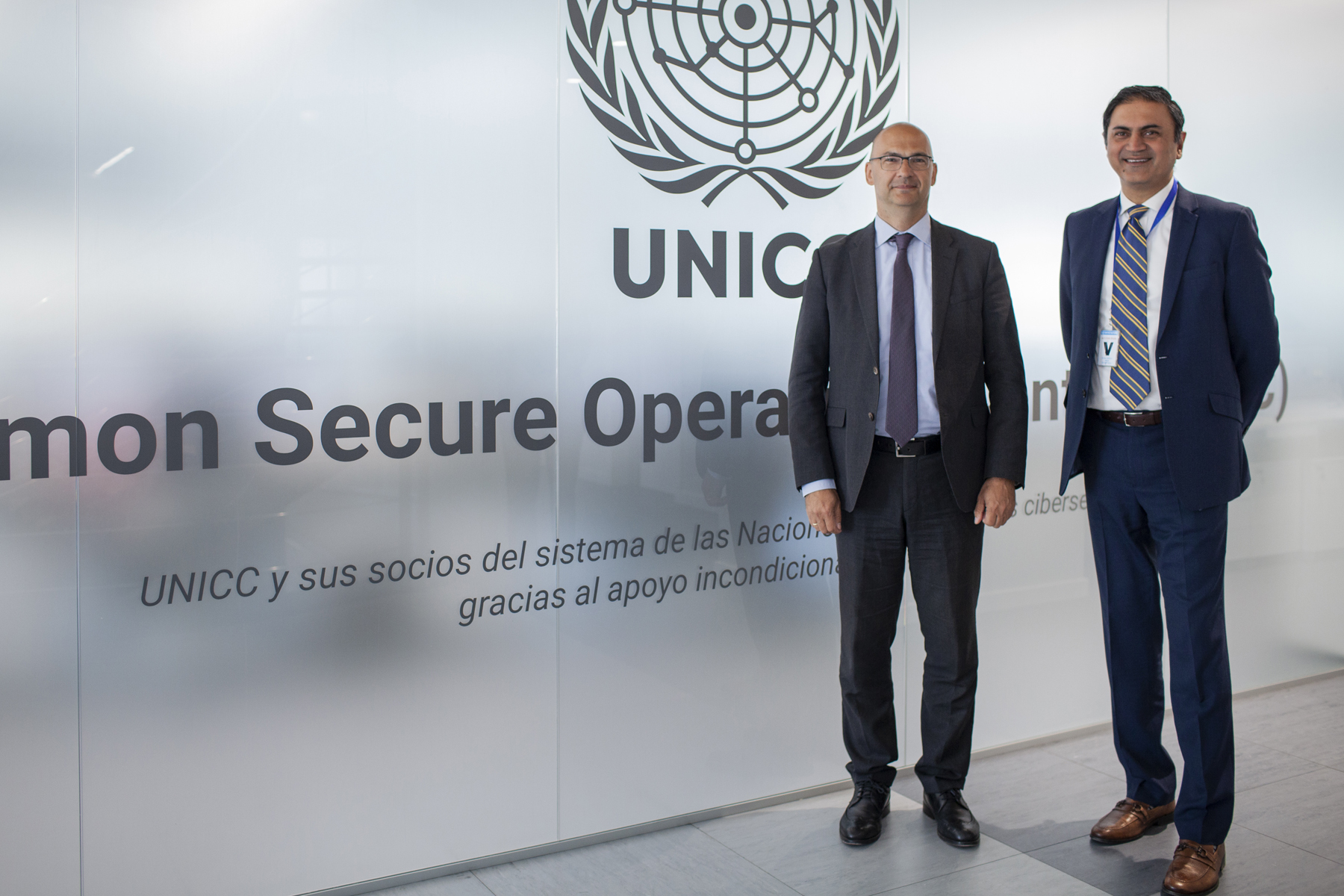
UNICC and FAO Strengthen Partnership through UNICC’s Cybersecurity Centre of Excellence
6 June, 2023
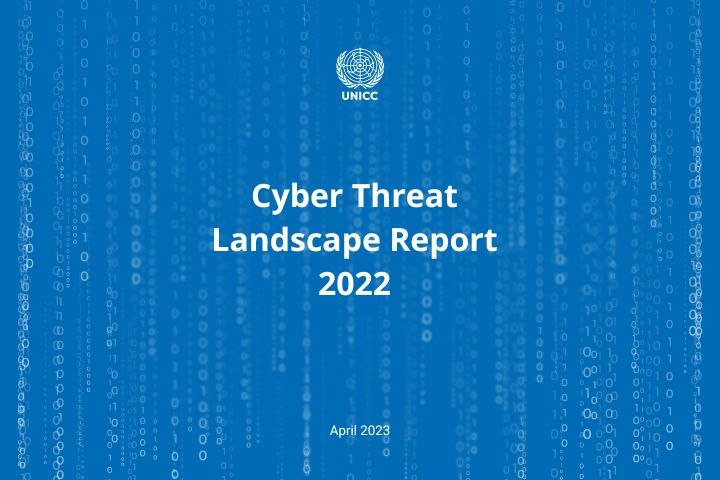
Cyber Threat Landscape Report 2022
12 March, 2023
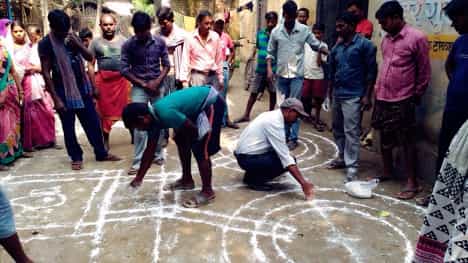
New Partners: UNDP Country Offices in India, Indonesia and Malawi
16 February, 2023
